Five Isaac Asimov books you should read
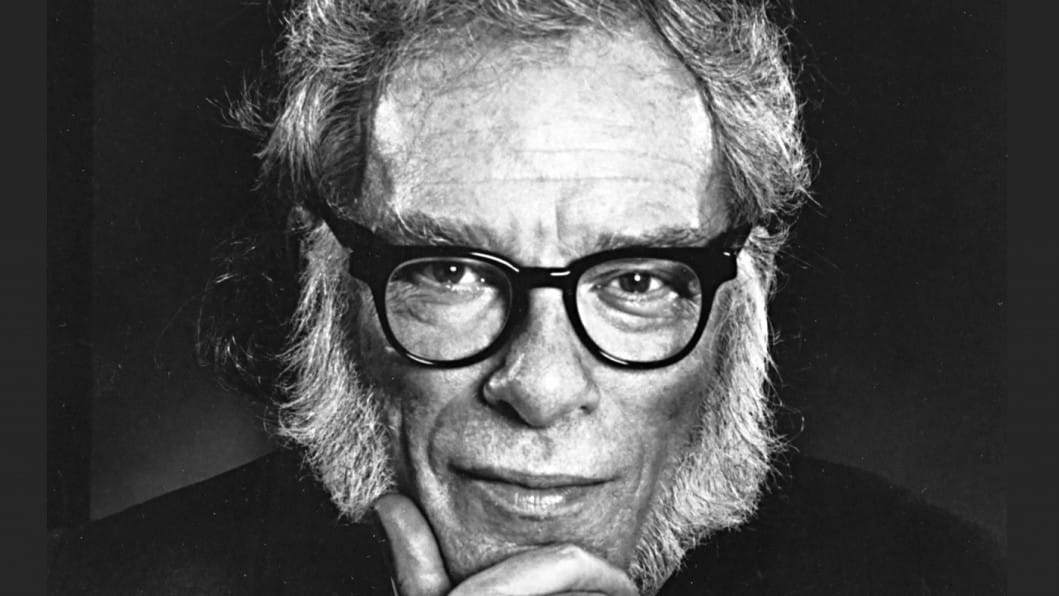
With the release of Apple TV's Foundation TV series, based on Asimov's most famous storybook collection, "The Foundation" series, his legacy remains firmly cemented on all of our minds. Lest we should also not forget that Asimov was a prolific writer who wrote with a tenacity rarely matched and with panache ever so seen, particularly in science fiction. Here are a few books we should read to gain a deeper insight into the mind of the titan literary polymath:
His Autobiographies
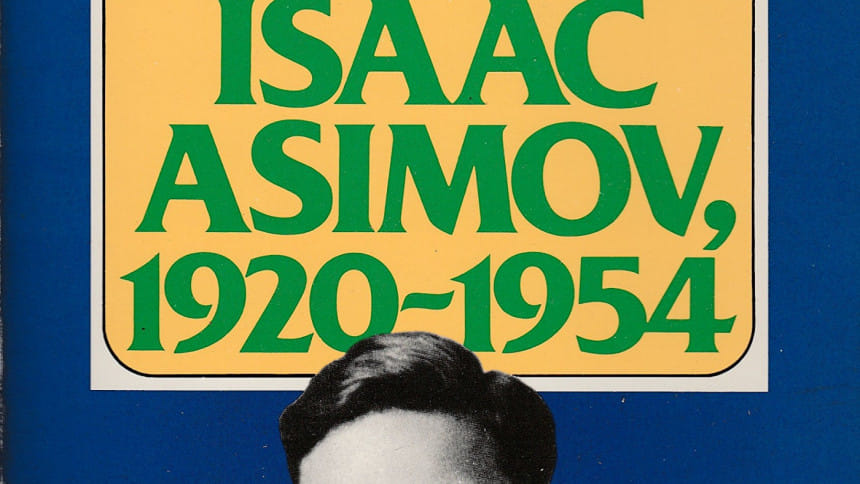
Asimov's three volumes of autobiographies: In Memory Yet Green (1979), In Joy Still Felt (1980), and I Asimov (1994) are a portal into his storybook career as an author and a polymath constantly making strides. Through his own experiences as a Russian Jewish immigrant growing up in tumultuous periods such as the Great Depression and World War II, you get a good glimpse into his writing habits, inspirations behind his ideas, the evolution of his train of thought over the years, and the birth and growth of science fiction fandom conventions over the same years which he frequently visited during his long and illustrious life.
Nightfall
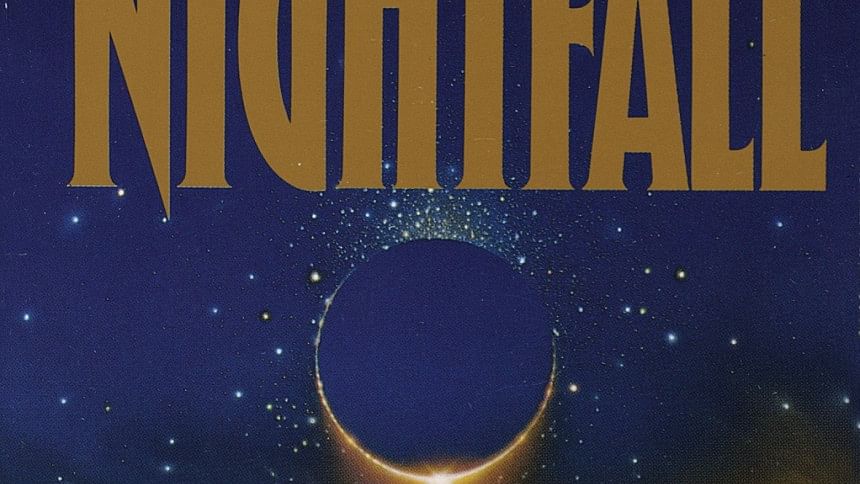
Nightfall was originally a short story first published in 1941 then turned into a novel in collaboration with Robert Silverberg, a legend among veteran sci-fi readers. Based on a planet with six suns that never experiences darkness until the single pivotal moment that the suns start to set, leading to the inhabitants' first experience with darkness. All eventually breaks into chaos and with the blending of myth and science, Asimov holds a mirror to the many parallels of the intersection of knowledge and the human condition in our world and how we react to it.
The Last Question
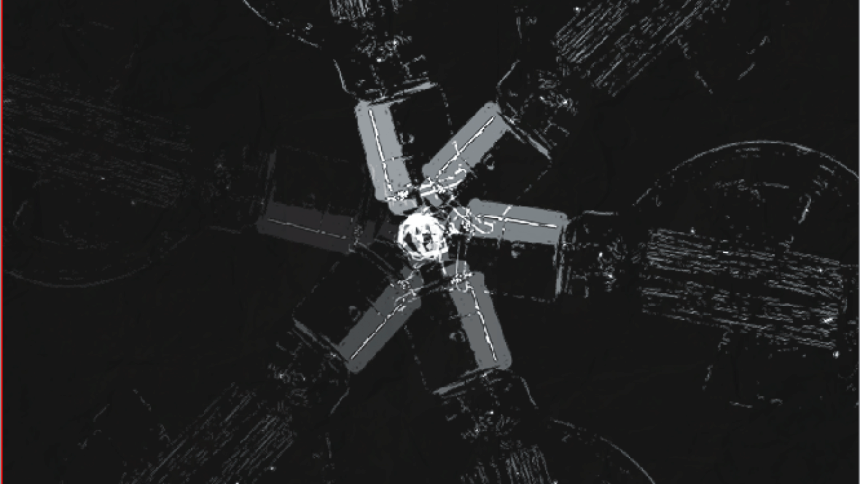
One of Asimov's finest short stories if not his best, The Last Question encompasses theology, philosophy, and science fiction. Rooted in the impending doom of a nation, the story centres on AI trying to find out whether it is possible to save an entire universe from dying.
The Gods Themselves
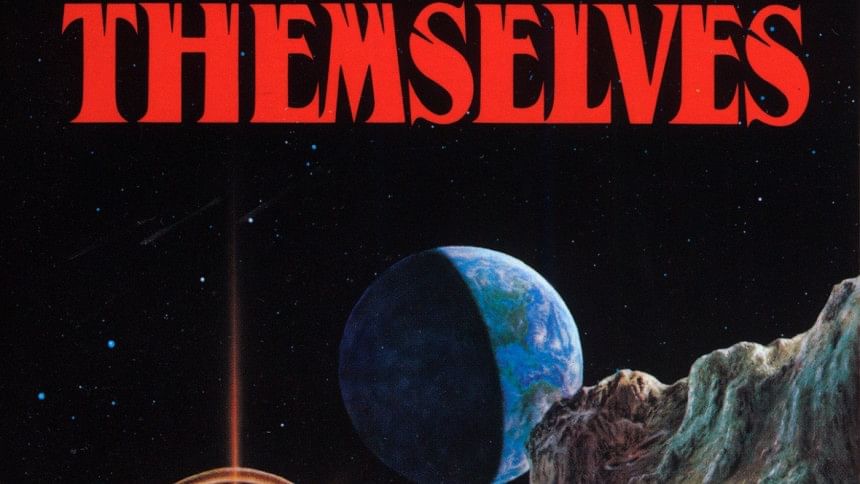
Considered by the Great Explainer himself to be his favourite science fiction novel, the novel opens with an apocalyptic notion of epic proportions featuring aliens, parallel universes, and a three-gendered species. Funny how long imagination takes us. Blending magic, economics, and science, this novel is a balanced read.
The Robot Series
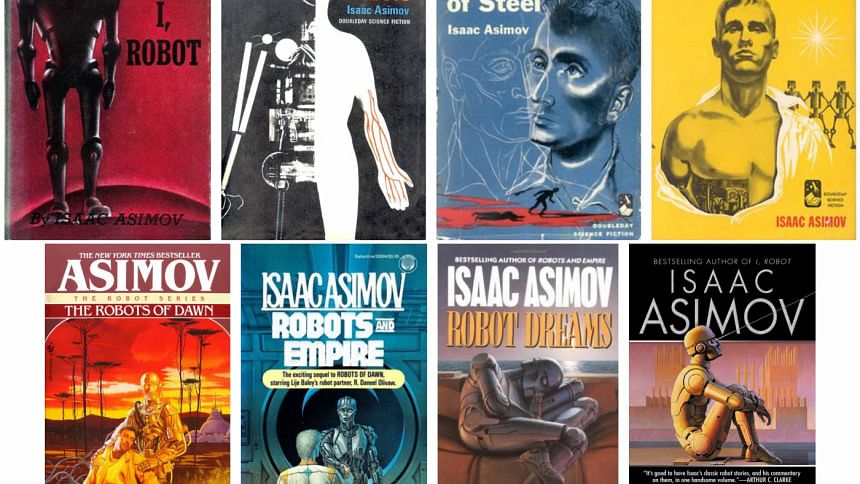
Before the adaptation of the Foundation series, we had the Will Smith starrer, "I, Robot" which was loosely based on Asimov's iconic Robot series. The Robot Series spans numerous short stories and novels, and it is through these fictional stories that Asimov coined the term "robotics" and came up with the Three Laws of Robotics. With the astute and in many ways unorthodox pairing of a human detective and his robot partner, he takes the readers on a journey of solving crimes in a world complicated by the laws of robotics and human nature.





Comments